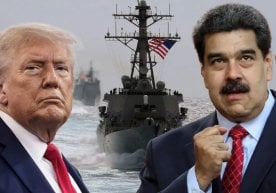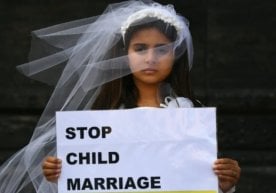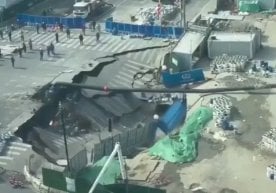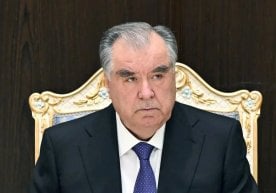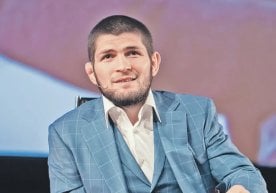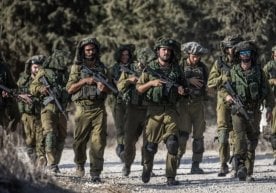Сhina’s latest military adjustments highlight a broader institutional realignment
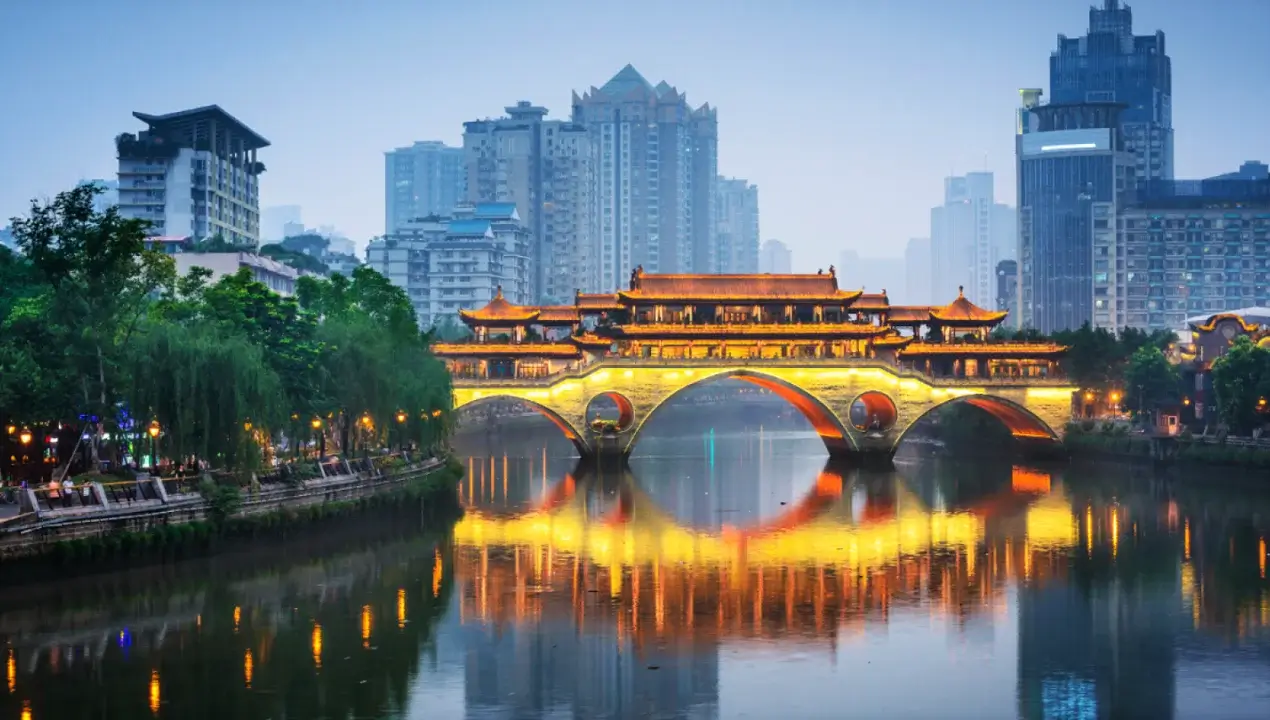
China’s People’s Liberation Army (PLA) has recently undergone another extensive leadership reshuffle, marking one of the most significant waves of personnel changes in recent years. Senior officials from key departments — including the Rocket Force, equipment divisions, and the Central Military Commission (CMC) — have been dismissed or placed under investigation. Official statements cite “serious violations of discipline and law,” but analysts suggest the moves also reflect deeper political and ideological adjustments within the armed forces.
The 2024–2025 reshuffle affected not only figures linked to procurement or logistics, but also high-ranking officers involved in political work — a core mechanism of the Communist Party’s influence inside the military. Among those reportedly investigated are former CMC vice chairmen He Weidong and Zhang Youxia, as well as Miao Hua, who led the CMC’s Political Work Department. Their removal indicates a broader effort to reinforce unity, tighten internal supervision, and renew the Party’s guidance over military affairs.
Experts note that the focus of recent disciplinary measures appears to have shifted from purely anti-corruption enforcement to maintaining ideological consistency within the PLA. Commentaries in PLA Daily and other official outlets increasingly emphasize the need for “political loyalty” and “ideological education,” aligning the military’s mindset with China’s long-term goal of building a “world-class force under the Party’s leadership” by 2049.
Observers see continuity in this trend since President Xi Jinping assumed office in 2012. Anti-corruption initiatives in the military have often coincided with broader institutional reforms aimed at strengthening centralized command and reducing internal factionalism. While such measures enhance cohesion and accountability, they can also reshape internal power structures and redefine the criteria for promotion — with political reliability now playing a more prominent role alongside professional performance.
The current phase of reforms also emphasizes the integration of political oversight into modernization efforts. Recent directives on joint operations, cyber warfare, and equipment management underscore that political work remains central to all aspects of defense transformation. The guiding principle remains clear: modernization and innovation should advance in parallel with the Party’s leadership over the armed forces.
Analysts point out that such an approach provides both opportunities and challenges. Stronger political alignment may foster discipline and cohesion during major missions, yet excessive centralization could potentially limit flexibility and decision-making at lower levels of command. Balancing ideological commitment with operational effectiveness will likely remain a key priority for the PLA’s leadership in the coming years.
Overall, the latest reshuffle appears to be part of a broader strategy to ensure the PLA’s loyalty, stability, and unity as China continues its long-term military modernization agenda. While officially presented as an anti-corruption initiative, the restructuring also reflects an ongoing effort to align the institution’s values and leadership culture with the overarching objectives of the Party and the state.
Read “Zamin” on Telegram!














